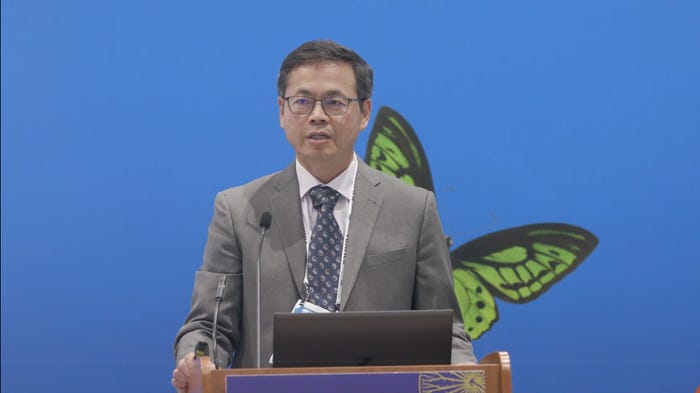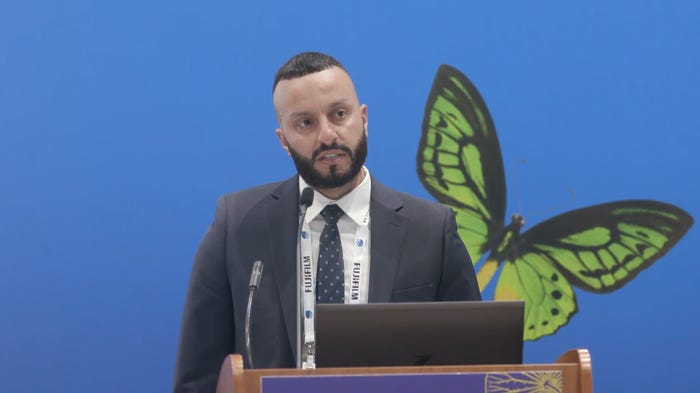Strategies for Integrated Development and Manufacturing: Adapting Batch Platforms and Facilities for Multimodal Biopharmaceutical Production and Continuous ProcessingStrategies for Integrated Development and Manufacturing: Adapting Batch Platforms and Facilities for Multimodal Biopharmaceutical Production and Continuous Processing
July 31, 2024

David Jen, principal consultant, Bioblue CMC Manufacturing Consulting

Mohammed Albadrani, San Diego office lead, Wunderlich-Malec Engineering
Bioblue CMC Manufacturing Consulting began operations in 2023, focusing on process-development manufacturing and validation for protein biologics and cell and gene therapies (CGTs), as well as management for contract development and manufacturing organizations (CDMOs). The company works with a breadth of biologics, including antibodies, viral vectors, adenoassociated viruses (AAVs), and chimeric antigen receptor (CAR) T cells. To complement Bioblue’s services, Wunderlich-Malec provides engineering support to life-science companies. Established in 1981, the latter company offers expertise in system integration and automation, process design, and project management. Bioblue and Wunderlich-Malec have begun a partnership to develop a solution for continuous bioprocessing.
Recent observations in facility use were the driving force for seeking a solution to integrated continuous processing. Flexibility is a crucial attribute in modern biopharmaceutical production, not only for adjusting to unanticipated business needs, but also for optimizing facility use. Traditional biopharmaceutical facilities often are designed for specific products or development stages, leading to costly and time-consuming changes when facilities need to be changed over or redesigned. Rigidly designed facilities also can have underused production capacity as they struggle to accommodate all requirements for different products and development stages. Jen cited an example of a site that could pivot between two modalities (vaccines and monoclonal antibodies, mAbs) thanks to its flexible design.
He outlined three needs for continuous processing: mature platform processes; scalable commercial equipment, with optimally designed facilities to house them in; and small-scale commercial layouts with demonstrated capabilities for biosafety levels 1 and 2 (BSL-1, BSL-2) operations. A mature platform should comprise five unified process stages covering preculture to fill–finish. Scalable commercial equipment must keep up with rising clinical demands. And commercial layouts should implement automated systems to maintain compliance with BSLs while increasing production efficiency.
Albadrani discussed the characteristics of automation systems in flexible, multimodal facilities to accommodate the evolving needs of research and development (R&D) and commercial production. Automated systems should be easy to adjust, with linked instruments for facility-wide connectivity and seamless data exchange across systems. Systems should be fitted with uniform software and hardware, as well as robust version control for continual improvement. And they must be designed to handle different operational stages and to control software in smaller, interchangeable modules.
The Bioblue–Wunderlich-Malec collaboration, which has expanded by 450% over the past five years, has a proven track record of success and high satisfaction rates from clients such as Takeda, Pfizer, and AstraZeneca. Bioblue’s and Wunderlich-Malec’s services include facility design, fabrication, automation, project management, and business excellence. Both companies offer help with selecting automation technologies for seamless, intelligent process implementation.
Watch Online
See all presentations online from BPI Theater at BIO 2024.
You May Also Like






